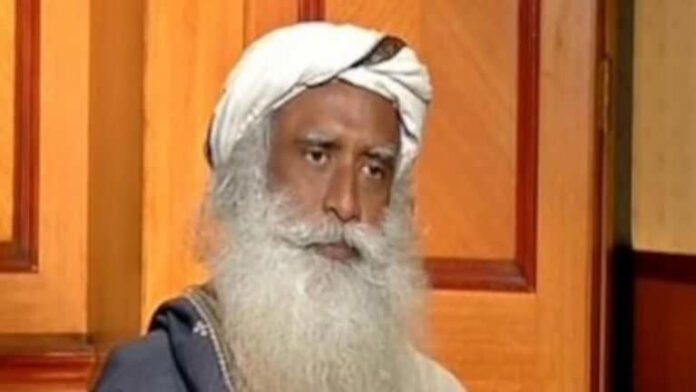The Supreme Court of India has stayed the Madras High Court’s order that mandated the Isha Foundation, founded by the renowned spiritual leader Sadhguru Jaggi Vasudev, to allow police officials to conduct searches on its premises. This decision has been met with relief from the Foundation and has sparked discussions about the implications for the autonomy of spiritual and charitable organizations in the country.
Background of the Case
The legal battle began when the Madras High Court directed the Isha Foundation to permit police investigations regarding allegations of land encroachments on its Ashram premises in Coimbatore. The Foundation had been accused of illegally occupying land meant for agricultural use, with complaints lodged by local farmers and activists. The High Court’s order allowed police to carry out searches and seize documents related to the allegations, which led to concerns over the Foundation’s operational autonomy and the potential disruption of its activities.
In response, the Isha Foundation challenged the High Court’s order in the Supreme Court, arguing that such police intervention would not only be excessive but could also disturb the peace and sanctity of the institution. Sadhguru, in his statements, highlighted the importance of maintaining the sanctity of spiritual spaces and expressed concerns over treating such institutions like ordinary businesses or establishments subject to police raids.
Supreme Court’s Observations
The Supreme Court, while granting the stay, underscored the necessity of protecting institutions of public interest from undue intrusion. Chief Justice D.Y. Chandrachud, along with Justices P.S. Narasimha and Ahsanuddin Amanullah, stated that “one cannot let an army of police into an institution” without substantial justification. The court emphasized that the involvement of law enforcement agencies must be balanced with the fundamental rights of individuals and organizations, particularly those that serve the public good.
Justice Chandrachud articulated that spiritual organizations often play a pivotal role in society, providing guidance, support, and community service. The court’s stance indicates a recognition of the potential for misuse of authority if law enforcement is permitted unrestricted access to such entities without a compelling reason.
Implications for Isha Foundation
The Supreme Court’s stay has significant implications for the Isha Foundation, which operates numerous initiatives aimed at promoting well-being, environmental sustainability, and education. The Foundation, which has millions of followers worldwide, focuses on holistic development and spiritual growth. The order enables the Foundation to continue its operations without the fear of disruptions caused by police actions, allowing it to maintain its focus on community service and outreach.
Moreover, the ruling sets a precedent regarding the treatment of spiritual organizations in legal matters. It raises critical questions about the extent to which law enforcement can intervene in the affairs of such institutions, especially when public interest is at stake. The decision may encourage other spiritual and charitable organizations to stand firm against excessive governmental or police scrutiny, reinforcing the need for respectful dialogue and cooperation between authorities and these entities.
Reactions to the Ruling
The stay has been welcomed by supporters of the Isha Foundation, who view it as a victory for the autonomy of spiritual institutions. Many have taken to social media to express their appreciation for the Supreme Court’s recognition of the Foundation’s right to operate without undue interference. Sadhguru’s followers have emphasized the importance of protecting spiritual spaces from what they perceive as unwarranted governmental intrusion.
Conversely, critics argue that the ruling may embolden other organizations to evade accountability under the guise of spiritual autonomy. Activists advocating for land rights and environmental protections have expressed concern that the stay could undermine efforts to address legitimate grievances related to land use and encroachments.
The Supreme Court’s stay on the Madras High Court’s order against the Isha Foundation underscores the delicate balance between law enforcement and the rights of spiritual organizations. As India navigates the complexities of governance, public interest, and spiritual autonomy, this ruling serves as a reminder of the need for respectful engagement between authorities and institutions that contribute significantly to society. The decision not only supports the Isha Foundation’s operations but also fosters a broader conversation about the role of spiritual organizations in India’s socio-political landscape.

